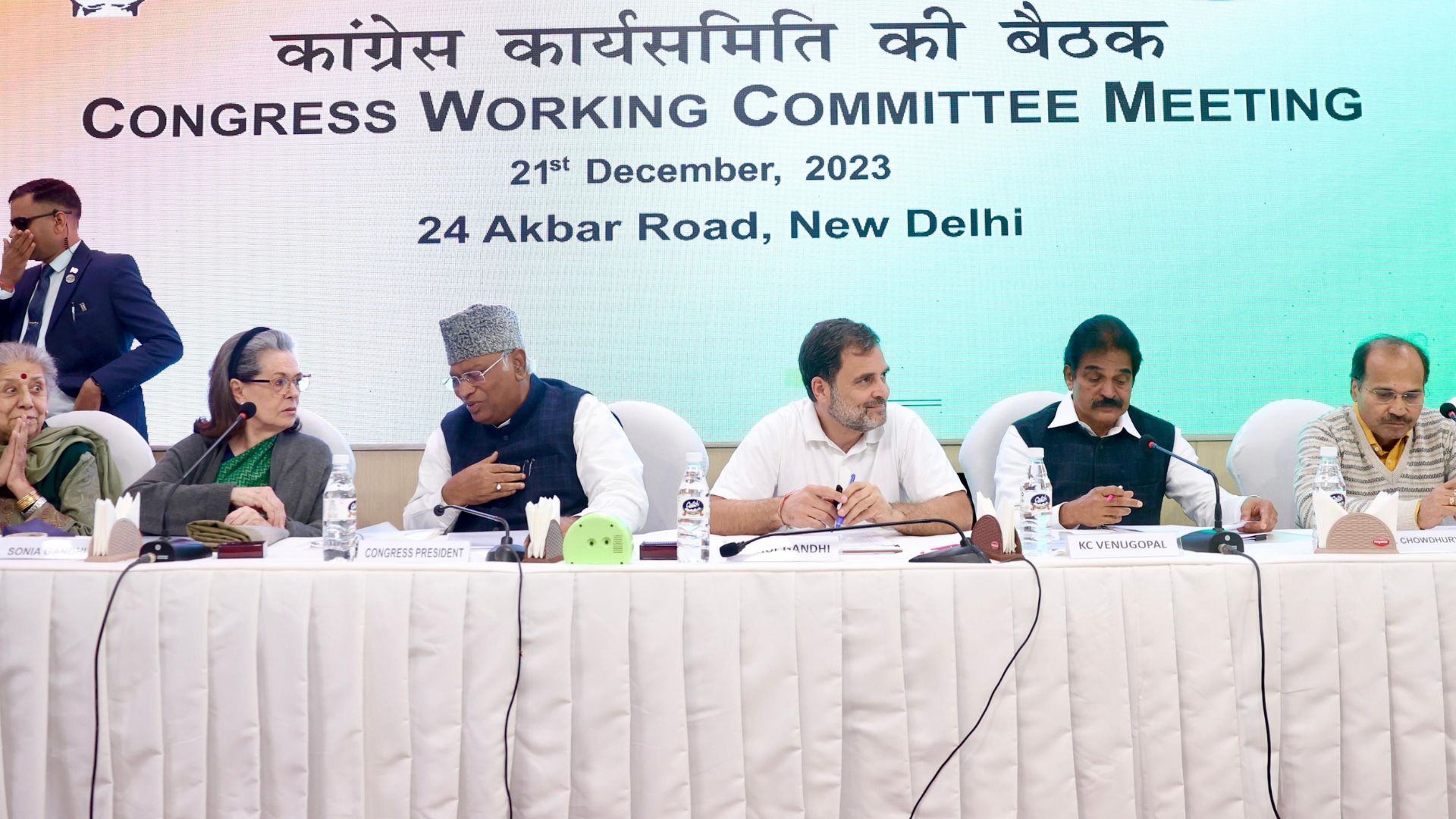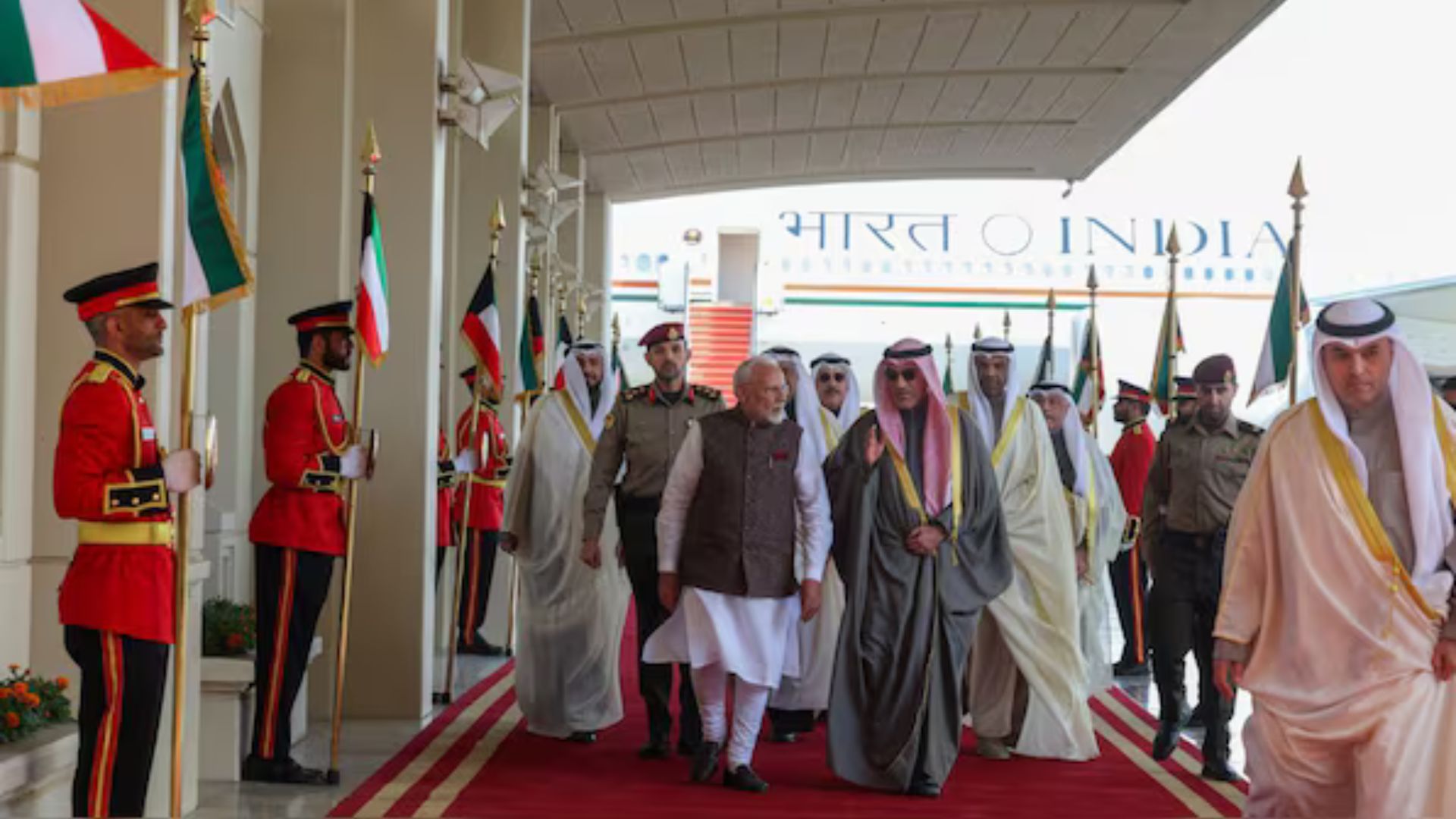The world of work has been changing since the last few decades. It picked momentum in the last decade but the velocity of the change after Covid-19 has been very fast and unpredictable. The government will need to emphasise a strategic shift in the skilling policy of the country and think about bringing in a convergence to sustain and adopt these changes. Here are few recommendations that the government should consider for a sustainable skill strategy in India.
Set up a task force
The government should immediately set up a task force, with representative of ministries like Skill Development, Human Resource Development, Industry & Commerce, Labour and Employment, to have first-hand assessment, dialogue on the future assessment of skills and employment scenarios in India at macro and micro levels. A broader convergence is required among various policymakers representing finance, industry, skills, employments, etc, to revisit our national skill policy.
Develop strategy
There is a need to develop a skilling strategy that is closely connected with changing macroeconomic policies and need for social protection. The skill development strategy must be closely tied up with the emerging needs of various sectors.
Life-long skills
Anticipation of national and international demand is key for reprioritisation of the skill development strategy. There is also a need for developing a strategy for life-long skills. Along with understanding the widening skill gaps in key sectors, it is important to drive enhanced employability. The speed of automation and the velocity of change must focus on the need for skilling on the emerging 4.0 technologies in high-demand sectors.
Rural ecosystem
India is a unique country with its demography different from other nations. More than 70% Indians live in rural areas; thus, agriculture and local livelihood opportunities will be preferred. The skilling strategy must focus on building an ecosystem in rural belts that helps develop rural leadership skills which have linkages to our rural economic policies. A policy on the localisation of skills is the need of the hour.
Change views on training
There is a need to change the perception towards skill training, which is seen as the last option due to various reasons of quality, resources and infrastructure. The perception is also poor because of a poor vertical and horizontal mobility of skill development programmes. The work-based dual model of training programmes, which can be achieved through integrated apprenticeships, is an effective mode of skilling our youths for livelihood and employability.
Blended approach
The new norm of blended learning approach must be incorporated with proper policy amendments. The issues related to connectivity, broadband and infrastructure must be taken up on war footing, besides providing content in local vernaculars and developing new digital learning, skilling and assessment pedagogies. A huge thrust is needed to create a highly skilled trainer workforce, which is crucial to drive the future mission of “Aatmanirbhar Bharat”. The author is Vice Chancellor of Shri Vishwakarma Skill University and Mission Director of Haryana Skill Development Mission.







